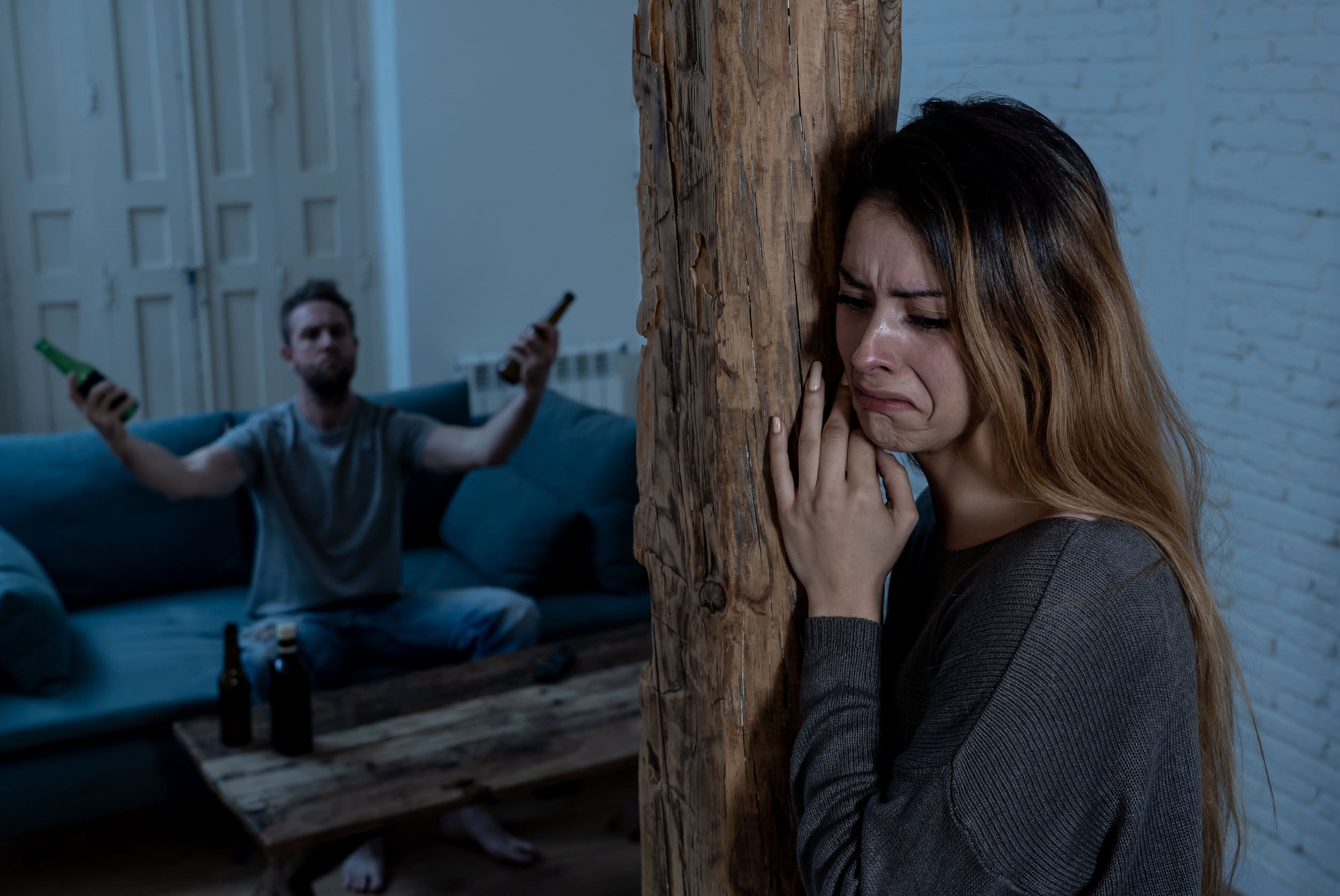In the state of North Carolina, domestic violence is a complicated crime that can leave a lasting impact on everyone involved. Domestic violence can cause physical and emotional injuries, even resulting in death in the most serious cases.
Understandably, people tend to have a lot of questions about domestic violence in North Carolina. We’ve gathered some of your most frequently asked questions here and given the answers you need in case you find yourself accused of domestic violence.
What Is Domestic Violence?
First and foremost, we should talk about what the state of North Carolina considers to be domestic violence since it can and does differ from place to place.
In this state, domestic violence is considered an act of violence between two people who are in or who have been in a personal relationship. This includes:
- Those to whom you are or have been married
- Those with whom you live or have in the past
- Your children or grandchildren
- Anyone with whom you share a child
- Anyone who is or has been a member of your household
- Anyone you are dating or have dated
An act of domestic violence can be perpetrated in the following ways:
- Actions that intentionally cause bodily harm or attempt to cause bodily harm
- Sex offenses such as rape
- Acts that put family or household members in fear of injury or harassment
What Is a Domestic Violence Protective Order?
In North Carolina, the law is structured in such a way as to help protect domestic violence victims, which is why sometimes those accused of domestic violence may have a domestic violence protective order taken out against them.
A domestic violence protective order in North Carolina may also be called a restraining order. What they do is grant protections to the person who is seeking the order, like possession of the home you share, the requirement for the accused to be evicted from the home, child support, and temporary custody of any minor children.
It may also keep the person named in the order from purchasing a firearm in the near future, contacting the victim in any way, and harassing the victim.
In many domestic violence cases, emergency protective orders can be granted to the victim. When this happens, the court is not required to give any notice that a hearing to determine if an order should be placed against the accused is happening. The order will simply be served if granted.
These emergency orders have the same power as regular domestic violence protective orders. They are simply meant to immediately protect the victim until a regular hearing can be scheduled.
What If There’s a Violation of a Protective Order?
It is a crime all on its own to violate a protective order in North Carolina. If you do violate a protective order, then it is a separate Class A1 misdemeanor charge, which can send you to jail or require you to pay fines. It’s better to fight a protective order with the help of an attorney than to try to take action on your own behalf.
Domestic violence in North Carolina is a complicated issue. Your best bet, if you’ve been accused of a crime of domestic violence, is to get an attorney involved on your behalf as soon as possible.









